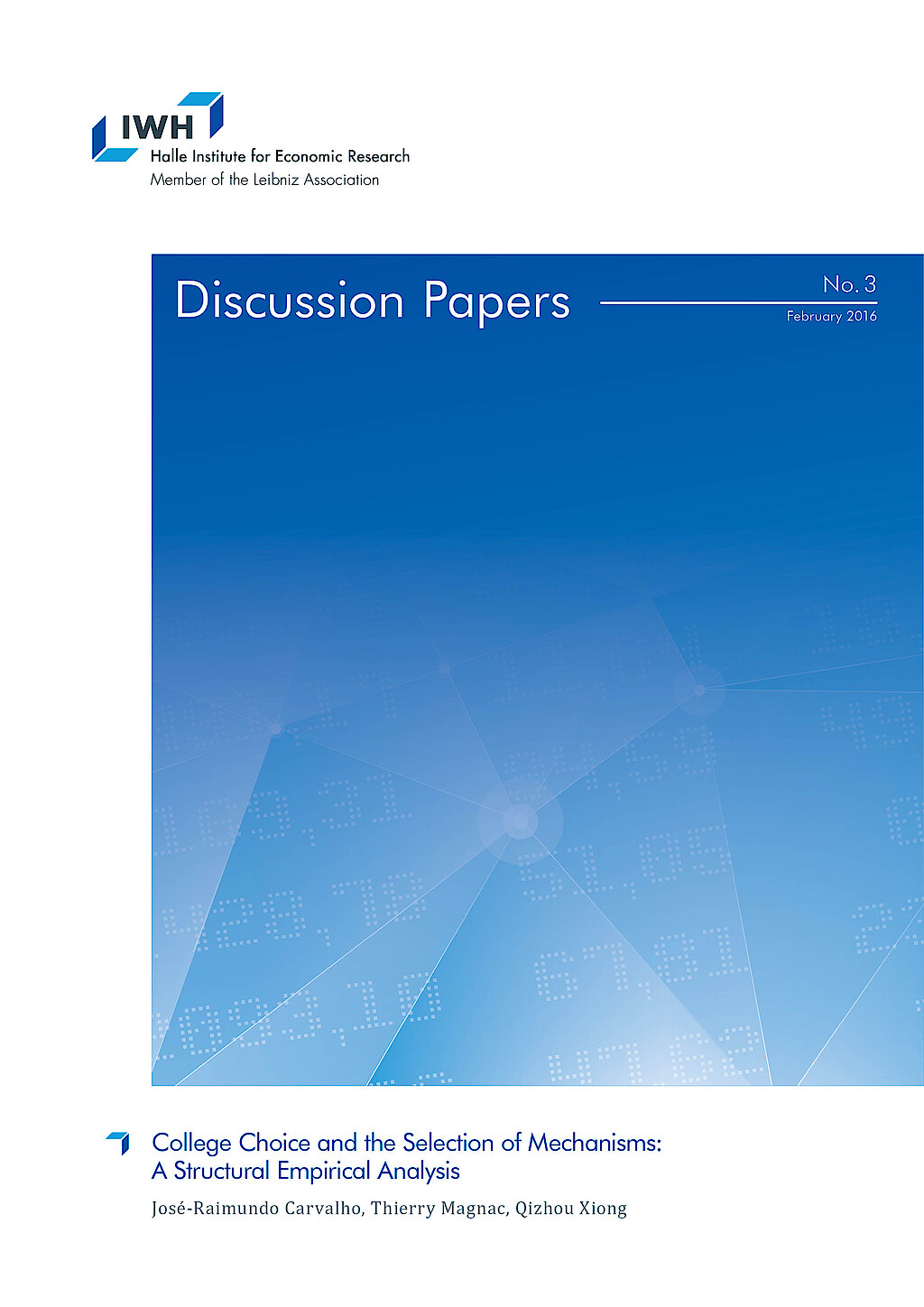
College Choice and the Selection of Mechanisms: A Structural Empirical Analysis
We use rich microeconomic data on performance and choices of students at college entry to study the interaction between the revelation of college preferences through exams and the selection of allocation mechanisms. We propose a method in which preferences and expectations of students are identified from data on choices and multiple exam grades. Counterfactuals we consider balance costs arising from congestion and exam organization. Moving to deferred acceptance or inverting the timing of choices and exams are shown to increase welfare. Redistribution among students or schools is sizeable in all counterfactual experiments.






